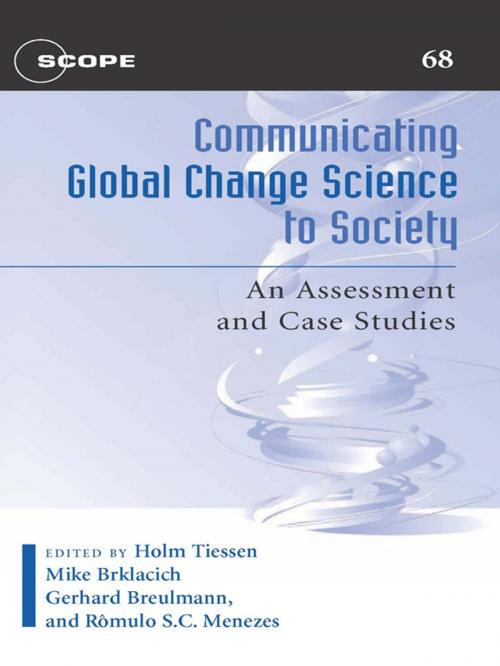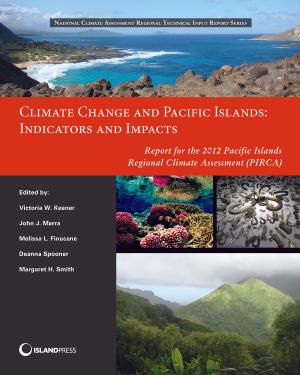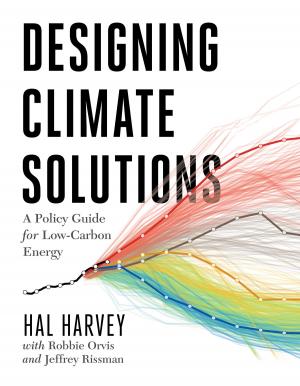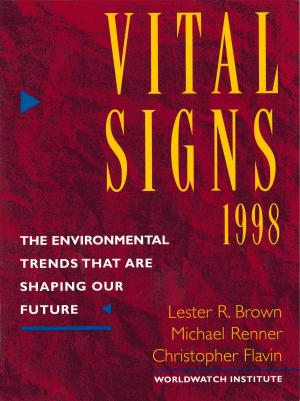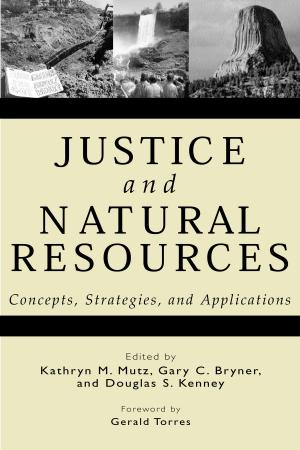Communicating Global Change Science to Society
An Assessmand Case Studies
Nonfiction, Science & Nature, Science, Other Sciences, Philosophy & Social Aspects| Author: | Holm Tiessen | ISBN: | 9781610911511 |
| Publisher: | Island Press | Publication: | July 2, 2007 |
| Imprint: | Island Press | Language: | English |
| Author: | Holm Tiessen |
| ISBN: | 9781610911511 |
| Publisher: | Island Press |
| Publication: | July 2, 2007 |
| Imprint: | Island Press |
| Language: | English |
National governments and research scientists may be equally concerned with issues of global environmental change, but their interests-and their timelines-are not the same. Governments are often focused on short-term effects and local impacts of global phenomena. Scientists, on the other hand, are loath to engage in speculation about the specific consequences of large-scale environmental trends.How then can we translate scientific understanding of these trends into public policy?*Communicating Global Change Science to Society* examines the growing number of instances in which governments and scientists have engaged in research projects in which the goal is to inform policy decisions. It assesses these experiences and suggests their implications for future collaborations.The book begins with a discussion of interactions between science and policy, particularly as they relate to the broad significance of environmental change. It then addresses concerns that emerge from this discussion, including how scientific research results are communicated in democratic societies, the uses (and misuses) of scientific findings, and what the natural and social sciences could learn from each other.
National governments and research scientists may be equally concerned with issues of global environmental change, but their interests-and their timelines-are not the same. Governments are often focused on short-term effects and local impacts of global phenomena. Scientists, on the other hand, are loath to engage in speculation about the specific consequences of large-scale environmental trends.How then can we translate scientific understanding of these trends into public policy?*Communicating Global Change Science to Society* examines the growing number of instances in which governments and scientists have engaged in research projects in which the goal is to inform policy decisions. It assesses these experiences and suggests their implications for future collaborations.The book begins with a discussion of interactions between science and policy, particularly as they relate to the broad significance of environmental change. It then addresses concerns that emerge from this discussion, including how scientific research results are communicated in democratic societies, the uses (and misuses) of scientific findings, and what the natural and social sciences could learn from each other.
